21, June 2024
Malawi: Top comedian sworn in as vice-president 0
Top comedian-turned-politician Micheal Usi has been sworn as Malawi’s vice-president at a ceremony held in parliament in the capital, Lilongwe.
The 55-year-old replaces Saulos Chilima, who died in a plane crash earlier this month, along with eight other people.
Dr Usi received a standing ovation when he spoke after his inauguration, saying he accepted the role with a mixture of sadness and gratitude.
He promised to honour his predecessor’s memory and thanked President Lazarus Chakwera for believing in him as he takes up his position as vice-president in the power-sharing government.
His appointment has certainly left Malawians divided.
Some have been sharing clips of his acting career on social media and questioning whether he is serious enough to take up such a senior role.
Others however have praised President Chakwera for appointing Chilima’s party deputy and honouring the spirit of the alliance between their two parties.
Dr Usi is no stranger to controversy given his acting career. He is popularly known as “Manganya”, the name of a mischievous character he still plays in popular TV sitcom Tikuferanji.
His aide told the BBC on Friday that he was filming an episode as recently as last week.
He has been a staple on national radio and television for more than two decades making him one of the most recognisable local celebrities.
Dr Usi has also been a passionate advocate for developing and promoting Malawi’s film industry in which it is difficult to make a living.
In fact, he first funded his acting career by working as a hospital clinician. He has a qualification in clinical medicine – most patients in Malawi will be seen by a clinician as the country has a shortage of doctors.
This fuelled his passion to improve the lot of poor communities and for many years he worked at Adventist Development and Relief Agency (Adra), a Christian non-governmental organisation.
He served there in various capacities, including heading the organisation as its country director – and through him Adra funded various soaps on radio and TV that also aimed to educate people about HIV and other social issues.
The new vice-president, who is married with two daughters, also holds a PhD in youth development from the University of Bedfordshire in the UK.
Despite his position at Adra, his acting career never took a backseat – and he was participating in various productions, mostly in the local Chichewa language.
Such was his popularity as a comedian that when he founded a political movement around seven years ago – many people just thought it was a prank.
This is because he had a reputation as a trickster – his most famous ruse was fooling people into believing that he had been a good boxer at high school and was looking to return to the ring.
He organised a non-title bout against a leading local boxer. A huge crowd turned up for what they thought was a real boxing match, only to discover it was a scene in one of his television plays.
However, it turned out his political ambitions were real. His movement was called Odya zake alibe Mulandu, which loosely translates as “he who does not take what belongs to others but only eats what’s his is a free man”.
It soon became part of a newly formed political party, the UTM, headed by Dr Chilima.
This was ahead of the 2019 elections – and Dr Usi and Dr Chilima started addressing rallies together.
Both being highly eloquent speakers, their meetings often drew huge crowds and in February 2019, Chilima named his new political associate as his running mate for the vote.
The pair came third, but the results were then nullified by the high court because of irregularities.
In fresh elections that were held in 2020, the UTM joined eight other opposition political parties to form an electoral alliance, which picked Dr Chakwera as presidential candidate with Dr Chilima as the running mate, which went on to victory.
Dr Usi, was by this stage Chilima’s deputy and was named in cabinet as minister of tourism, culture and wildlife, a position he held between July 2020 and February 2023.
He later moved to become the minister of natural resources and climate change, his role until his elevation to vice-president.
Some senior members of the UTM were notable by their absence at his inauguration on Friday – signalling division in the party over his appointment.
Dr Usi did not evade the issue at his swearing-in, promising to get the party together so that they could heal and honour the legacy of Chilima, who was regarded as a magnetic politician with a special connection with people, especially the youth.
Source: BBC

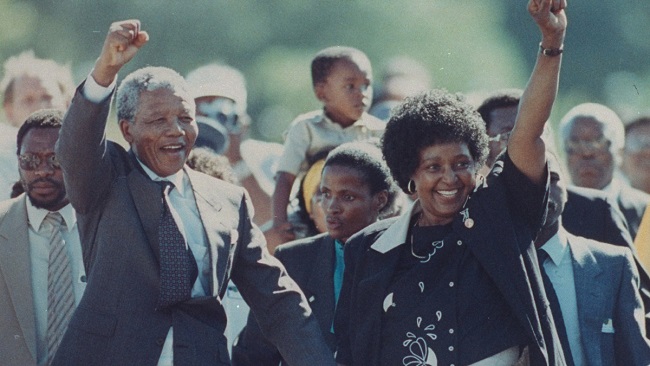
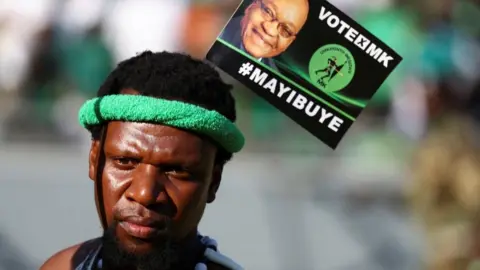
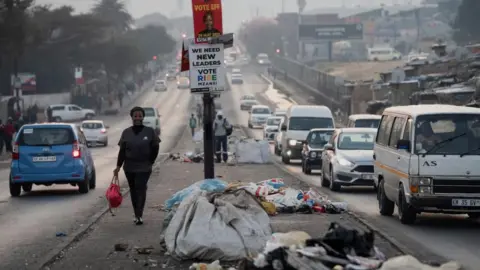
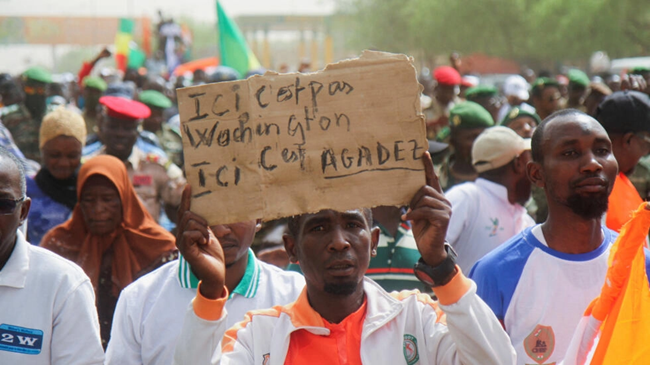
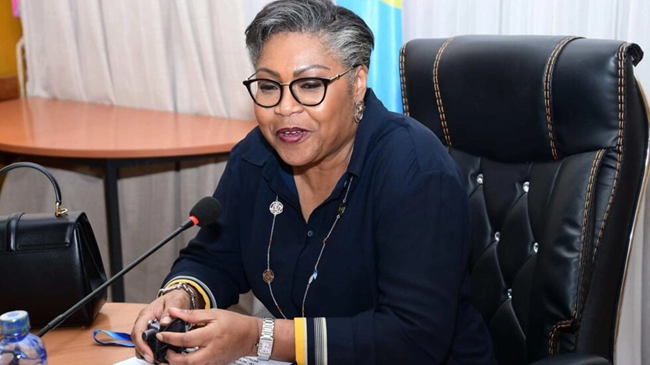
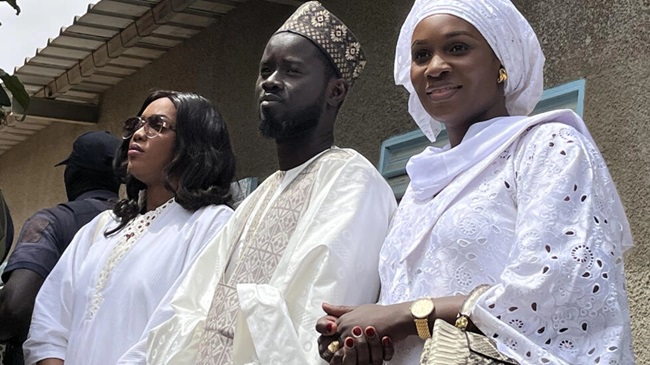
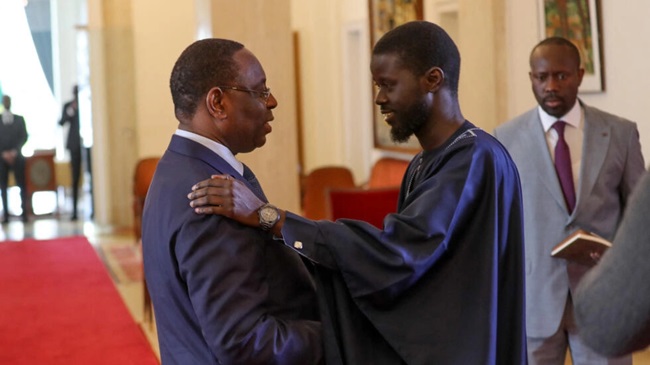

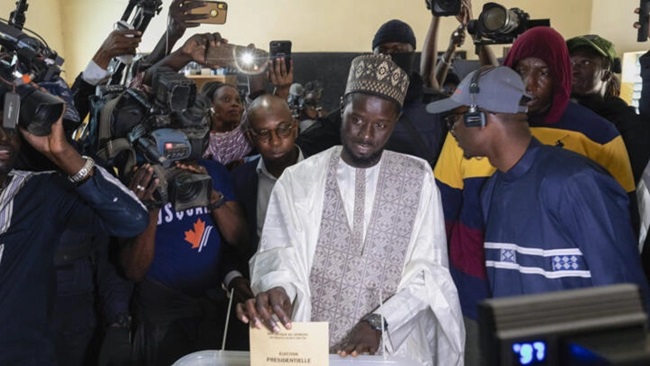
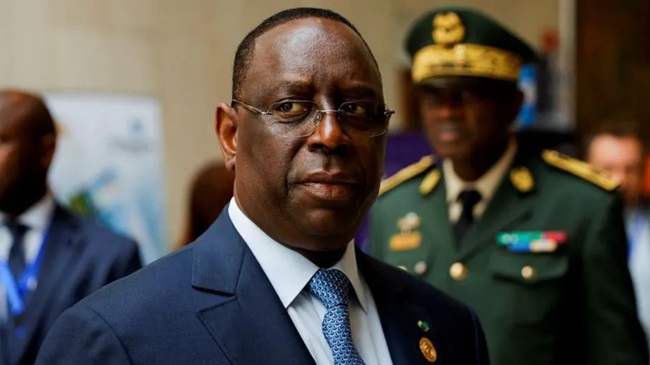


















7, July 2024
ECOWAS summit undermined by Niger, Mali, Burkina Faso forming confederation 0
The military leaders of Niger, Mali and Burkina Faso military have formed a new confederation, undermining the Economic Community of West African States (ECOWAS).
The ECOWAS Heads of State and Government for validation summit is scheduled to take place in Abuja, Nigeria on Sunday.
However, the traditional regional bloc linked to Western countries is facing an unprecedented challenge.
The bloc had suspended Niger, Burkina Faso and Mali after their respective military takeovers, which occurred in July 2023, September 2022 and August 2021.
On January 27, 2024, Mali, Burkina Faso, and Niger announced their plan to withdraw from membership of ECOWAS after reconciliation efforts with the bloc failed to return the trio.
The three military-led West African nations blame ECOWAS for their withdrawal, saying the Western-led group is becoming a threat to its members, accusing former colonial powers France, the European Union, the United Kingdom, and the United States of interference in their affairs
In an undermining move, the military leaders of Mali, Burkina Faso and Niger held a joint summit in Niamey, the capital of Niger on Saturday.
The event marked the first joint summit between Niger’s General Abdourahmane Tchiani, Burkina Faso’s Captain Ibrahim Traore, and Mali’s Colonel Assimi Goita since the trio came to power in their countries in successive coups.
Speaking at the summit, Tchiani called the 50-year-old ECOWAS “a threat to our states”, declaring the formation of a new confederation of three Sahel states.
“We are going to create an AES of the peoples, instead of an ECOWAS whose directives and instructions are dictated to it by powers that are foreign to Africa,” Tchiani said.
Traore accused foreign powers of seeking to exploit African countries. The trio has regularly accused the West of meddling in ECOWAS.
“This summit marks a decisive step for the future of our common space. Together, we will consolidate the foundations of our true independence, a guarantee of true peace and sustainable development through the creation of the ‘Alliance of Sahel States’ Confederation,’” Traore wrote on X, formerly Twitter.
“The AES (Alliance of Sahel States) is full of enormous natural potential which, if properly exploited, will guarantee a better future for the people of Niger, Mali and Burkina Faso.”
The three countries, with a combined population of 72 million, are not only expected to form closer economic ties, but also, to cooperate on the security issues affecting them.
Source: Presstv